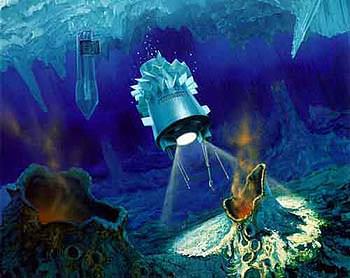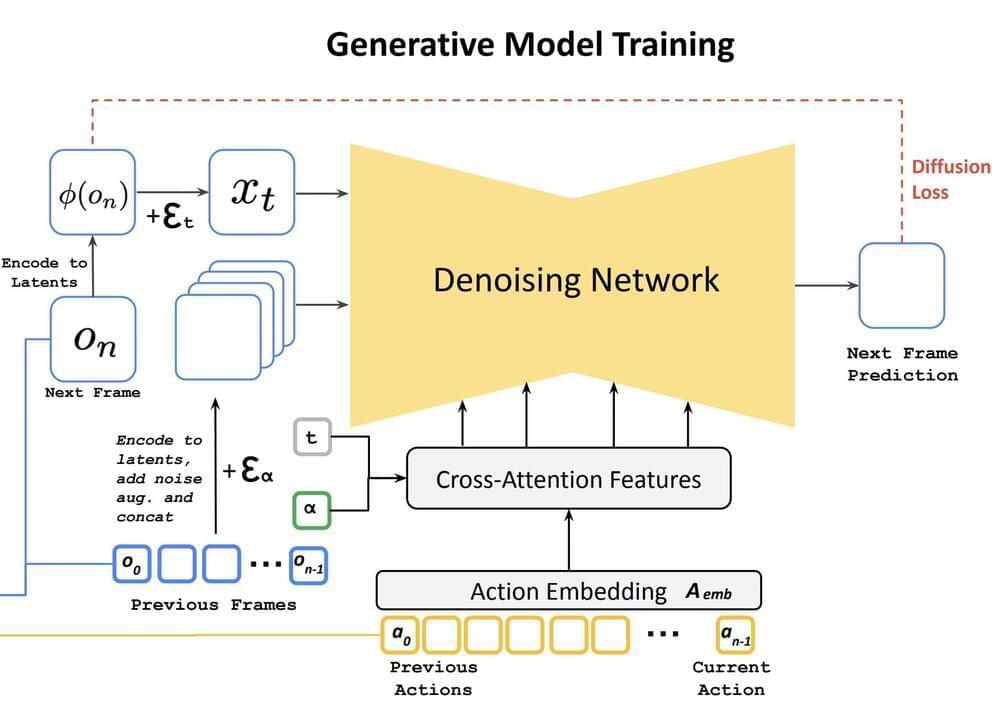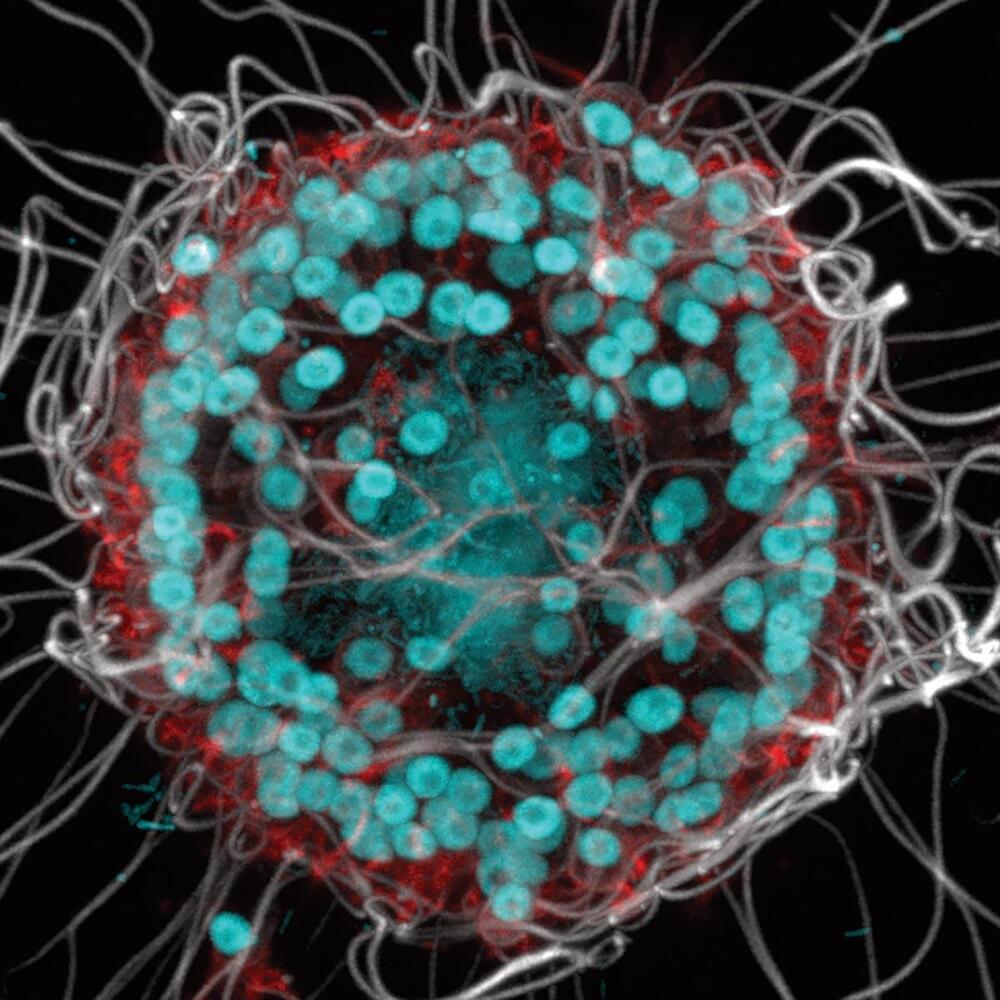
“For the most part, we think of the deep sea as a place where decaying material falls down and animals eat the remnants. But this finding is recalibrating that dynamic,” said Dr. Jeffrey Marlow.
What can deep ocean life teach us about finding life on other worlds? This is what a recent study published in Nature Geoscience hopes to address as an international team of researchers investigated how “dark oxygen” —which is oxygen produced without sunlight—is produced by deep sea creatures that reside within the Clarion-Clipperton Zone (CCZ) which is approximately 12,000 to 18,000 feet beneath the ocean’s surface and completely dark. This study holds the potential to help researchers better understand the conditions for life and where else we might find these conditions on worlds outside Earth.
For the study, the researchers used deep-sea chambers on the seafloor to measure changes in oxygen levels, which the team initially hypothesized was caused by the microbial life and other creatures living between the rocks, the latter of which are millions of years old. Along with thinking the local life produced the oxygen, the team also hypothesized the life consumed it, as well, resulting decreased oxygen levels. However, after 48 hours of collecting data, the researchers the oxygen levels increased, indicating that something else was producing oxygen at these extreme depths so far from the Sun.
Continue reading “From Abyssal Depths to Astrobiology: How Dark Oxygen Is Shaping Our Understanding of Life” »


















